10 Amazing Benefits Of Corn Silk
The silvery strands are Godsent to regulate cholesterol levels and treat skin issues.
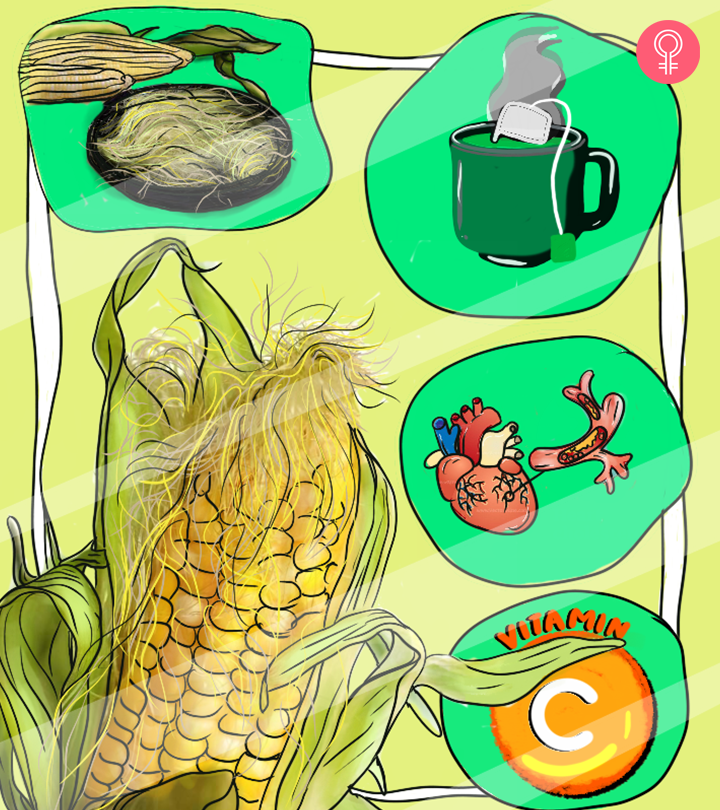
Image: StyleCraze Design Team
Corn (zea mays) is a popular snack option, be it roasted corn on the cob, salted buttery kernels, or the tub of popcorn during that movie night! However, are you aware of the corn silk benefits as well? Yes, you got that right! The silvery, silky strands attached to the ear of the corn, which you peel off and discard, may help improve your health! Corn silk has been used for a long time in traditional medicine. So next time you get your hands on corn (zea mays) and before throwing those precious and delicate silvery strands away, read this article to know how to reap the benefits of corn silk. Scroll down!
 Know Your Ingredient: Corn Silk
Know Your Ingredient: Corn SilkWhat Is It?
The silky strands present between the corn and its green outer covering.
What Are Its Benefits?
It is a diuretic agent that may help treat UTIs, prevent kidney stones, and fight cholesterol, high blood pressure, blood sugar fluctuations, and obesity.
Who Can Consume It?
It can be used by anyone not allergic to it.
How Often?
It can be consumed daily in moderation.
Caution
It may cause potassium deficiency and should be avoided while taking certain medications like blood thinners.
In This Article
How Corn Silk Is Procured For Usage
Once you take off the greenish cover surrounding the corn cob, you get another layer of stringy stuff.

This is known as corn silk. You can use it in both fresh and dried forms. You need to pull out the golden-green long thread-like strands off the corn and store them in a pot. If you want to store these corn silk strands fresh, put them in an airtight container and store them in the fridge. They may last for a couple of weeks this way. Based on the weather conditions, you may need to completely dry the silk for a few days, after which it can be stored for a long time and consumed as corn silk juice or corn silk tea.
Now, let’s check out the best way to remove corn silk so it can be stored properly.
Key Takeaways
- Corn silk is acquired from corn cobs and is rich in potassium, calcium, and vitamins.
- It can be consumed in the form of tea.
- It may prevent kidney stones, and lower cholesterol.
- It may lower blood pressure, and aid in blood clotting.
- It may reduce belly fat and help manage inflammatory conditions.
How To Remove Corn Silk
- Husk the Corn: Remove the outer husk of the corn to expose the kernels but leave the inner leaves (the green part) intact.
- Peel Back the Leaves: Carefully peel back the green leaves one by one, starting from the top, and gently pull them away from the corn. This will reveal the corn silk.
- Brush Or Rinse: Use a soft vegetable brush to clean the silk or simply rinse the corn under running water. Gently scrub the corn to remove the silk. Pay particular attention to the tip and the base where the silk tends to collect.
- Inspect for Residue: Check the corn for any remaining silk strands. Use a clean cloth or a paper towel to wipe them away.
You can make tea with the collected corn silk. Learn how to do so in the next section.
How To Make Corn Silk Tea
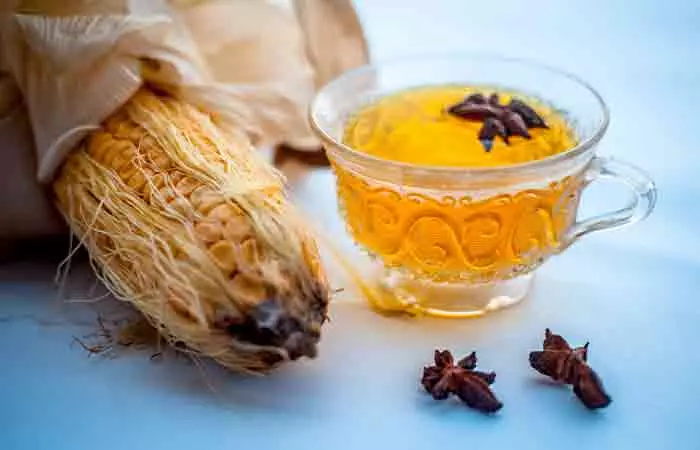
There is no way you can eat corn silk directly – it is not very palatable. You should take organic and fresh corn and gather the fresh corn silk to get the maximum benefits. If you do not have access to fresh or organic corn, resort to the corn silk powders and capsules available on the market.
Below listed are two corn silk recipes.
Method 1
This is the usual method. You will need ingredients like:
- Dry or fresh corn silk
- Water
- Lemon juice
- You will need to boil water for some time.
- When it starts boiling, drop the dried or fresh silk into the hot water.
- Let it boil for a few minutes and steep for a few minutes.
- This will turn into a brown-hued caramel-like liquid.
- Strain and serve the tea. You may have it both cold and warm.
- Some people prefer adding lemon juice to add to the taste and flavor of corn silk drink.
- Leftover tea can be kept in the refrigerator for a few days.
Method 2
This method is ideal for those who want to obtain the natural benefits of corn silk. The ingredients are:
- Dried corn silk, chopped
- Water
- Honey
- This method does not need boiling.
- Pour some water into a glass jar with a lid.
- Add the dried silk corn to the water.
- Put on the lid and then keep the jar out in the sun for an entire day.
- At the end of the day, bring the jar inside, add some honey to it, and stir well.
- Keep it in the refrigerator and serve chilled.
Besides corn silk tea, it can also be used in cooking. Read on to learn how.
How To Use Corn Silk In Cooking
Here are a few more ways to use corn silk in cooking:
- You may dry and grind corn silk to use as a seasoning.
- You can infuse corn silk in oil for salad dressings.
- Mix it with herbs and spices to create a natural flavor enhancer for broths.
- Blend corn silk into smoothies for a nutritional boost.
Corn silk has been used by various races since the ancient ages, and it is said to possess a number of healing properties. It has been used in Chinese medicine and by Native American tribes, in particular, over the centuries for medicinal and healing needs. While a few such benefits have been found to be effective by scientific studies, the same cannot be said about all the claimed benefits. However, its nutrients and antioxidant properties indicate that there are certain great benefits one can obtain by using it. Corn silk contains key nutrients and is rich in potassium, calcium, vitamins B2, C, and K, and phytochemical compounds like flavonoids, tannins, saponins, and alkaloids among others (1).
 Did You Know?
Did You Know?Corn Silk Benefits
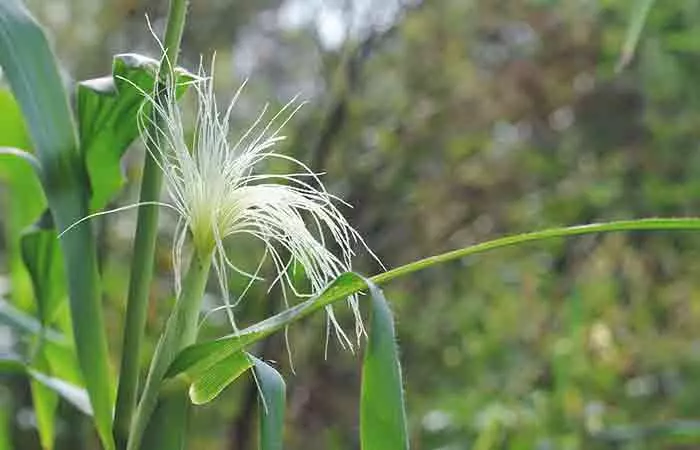
Below listed are the prominent health benefits offered by corn silk:
1. May Treat Urinary Tract Infections
Corn silk has anti-inflammatory properties that may treat urinary tract infections. It has the potential to coat the urinary tract lining and thwart further irritation. Corn silk tea consumption may help soothe the inflamed bladder, urinary tubules, and the urinary tract (2). It can make you urinate and thus reduce the risk of bacteria buildup in the urinary tract. It may also be used to soothe the irritated prostate gland.
2. May Work As A Diuretic Agent
For ages, corn silk tea has been used as a natural potent diuretic agent. The diuretic property of corn silk helps flush out excess water and waste from the body, thereby reducing complications related to water retention (3). According to studies, the usage of diuretics helps get rid of several health hazards including congestive heart failurei A long-term condition where the heart doesn't pump blood as efficiently as it should, causing fluid build up in the legs and lungs. and kidney diseases in the long run. So,
3. May Keeps Kidney Stones At Bay
go beyond just maintaining urinary health! It may also help prevent kidney stones. Kidney stones are made of small crystallized deposits that can cause pain and annoyance. Genetic predisposition and dehydration are well-known factors for kidney stone formation. Corn silk has been used since the ancient days to prevent the occurrence of kidney stones. Cornsilk exhibits in vitro anti-urolithiasis activity that may help prevent the formation of kidney stones (2). Corn silk usage may increase urine flow and adequate excretion of water. This helps decrease the chances of sediment formation in the kidneys, which otherwise can eventually lead to this medical condition. However, note that its use will not treat kidney stones that are already present.
4. May Facilitate Blood Clotting
It contains vitamin K that helps in the blood clotting process. Vitamin K may help produce thrombin (an enzyme) that plays a key role in the formation of blood clots (4). Consuming corn silk ensures you do not experience excessive blood loss in the event of an injury.
5. May Lower Blood Pressure
A lot of people suffer from hypertensioni High blood pressure due to elevated blood flow force on the artery walls; blood pressure measures over 140/90. or high blood pressure issues nowadays. They can consume corn silk tea to reduce high blood pressure (2). This will ensure they don’t have to cope with the adverse effects of OTC blood pressure medications.
6. May Help Regulate Blood Sugar Levels
Taking corn silk tea may help those with blood sugar issues, as per the findings of studies conducted in recent times. A study that was published in 2012 in the International Journal of Biological Macromolecules showed the impact corn silk aqueous extract had on diabetes. The study was carried out on laboratory rats afflicted with diabetes mellitus and the study authors noted that corn silk polysaccharides exhibit an anti-diabetic effect, which may aid in blood sugar control (5). High blood glucose levels can lead to chronic conditions like stroke, kidney diseases, and diabetes mellitus. Another human study that was published in 2009 in the Nutrition and Metabolism Journal showed that corn silk tea aids in insulin generation in the human body (1). Further, anecdotal evidence suggests that corn silk tincture may slow your body’s absorption of starchy foods, which may prevent spikes in blood sugar levels.
Corn silk can improve the antioxidant defense system that helps prevent diabetes mellitus (6). This graph shows different concentrations of ethanol corn silk extract (CS) when suspended in water and partitioned with different substances. The study investigated the antioxidant activity of corn silk that helps fight radical damage and oxidative stress (7).

Antidiabetic Potential Due To Antioxidant Activity In Corn Silk
Source: Corn silk - Zea mays L., a source of natural antioxidants with α-amylase, α-glucosidase, advanced glycation and diabetic nephropathy inhibitory activities7. May Help Heal Inflammatory Ailments And Conditions
Corn silk is known for its anti-inflammatory properties. Traditional medicine followers are of the view that it can be used to reduce the inflammation and pain caused by inflammatory diseases like gouti A form of arthritis caused due to excess uric acid buildup resulting in persistent inflammation of joints, especially the hands and feet. and arthritis. The diuretic effect of corn silk may prevent excess uric acid formation in the body joints, which leads to gout pain. A study published in Evidence-Based Complementary and Alternative Medicine investigated the mechanism of action of turmeric and corn silk in gout treatment using network pharmacology and molecular docking analysis. The researchers identified mandenol, the key active compound in corn silk, targeted CTNNB1, YWHAG, and YWHAZ proteins, affecting the Hippo signaling pathway (a protein network that regulates various cellular processes). Therefore, the findings demonstrated that turmeric and corn silk can treat gout through distinct pathways and molecular targets (8). However, it should not be taken as a cure for arthritis-related conditions.
8. May Help Reduce Cholesterol
Cholesterol in the bloodstream leads to the onset of several critical ailments in the long run (including cardiac complications). Keeping cholesterol levels in the blood low is the key to staying healthy and avoiding congestive heart failure and heart disease, say the health care professionals. A study showed that corn silk consumption brings down cholesterol in animal models (1).
9. Is A Source Of Vitamin C
Corn silk contains beneficial compounds like vitamin C (natural antioxidant), which is ideal for boosting immunity (2).
The amount of vitamins you take also plays a pivotal role in regulating a myriad of functions in the human body.
10. May Help Fight Obesity
Obesity is a major health menace affecting a large part of the human population nowadays. While obesity is caused by more than one factor including genetics, some people put on excess weight owing to excess water retention and toxin accumulation in the body.
Jesse Feder, Clinical Dietitian at the Memorial Regional Hospital, says, “Corn silk can potentially reduce belly fat by inhibiting fat accumulation and increasing fat metabolism.”
Since corn silk helps in detoxification by eliminating excess water and waste from the body, such people will find it helpful to evade weight gain. They can have this tea twice or thrice a day to help in digestion and for maximum benefits. However, it would be wrong to assume that it is a cure for obesity.
Topical Usage

You can also use corn silk topically. The tea made with it can be applied topically to deal with skin problems like boils and rashes. It can also help alleviate itching and pain caused by skin wounds. This herbal medicine also shows anti-aging benefits, as it has antioxidants (9).
Additional Health Benefits
While these are not yet accepted scientifically,
consuming corn silk tea can offer you many more health benefits. A study showed that corn silk has a phenolic compound named maysin that oxidative stressi A condition caused by an imbalance between the creation and buildup of oxygen radicals in cells and the ability to detoxify them. and prevents the onset of certain types of cancer. of cancer (6). A study published in Molecules examined the protective effects of polyphenol-rich fractions (PRF) from corn silk on endothelial cells under high glucose conditions using both in vitro and in vivo models. The researchers found that PRF significantly reduced glucose-induced cytotoxicity in human umbilical vein endothelial cells (HUVECs) by restoring cell viability in a dose-dependent manner. These findings indicate that PRF from corn silk may help prevent the progression of diabetic complications, such as diabetic nephropathy and atherosclerosis (6). Besides, a Korean study published in 2014 stated that the bioactive compound maysin has antioxidant properties that boost the immune system (10).
Apart from the benefits discussed above, corn silk may also help you stay healthy in other ways. Here are the additional health benefits of corn silk:
Following are the additional health benefits of corn silk:
1. May Help Relieve Skin Pigmentation Issues
A number of studies have shown that the consumption of corn silk can help in coping with skin pigmentation issues.
Topical application of corn silk may help decrease melanin production, which may also help manage vitiligo (11). However, more studies are required to substantiate corn silk’s role in vitiligo management.
2. May Balance Mineral Levels In The Body

Taking this tea helps balance the levels of vital minerals in the human body, which is essential for healthy living. It helps retain the ideal level of sodium in your body. Besides, animal studies suggest that corn silk may help in the excretion of potassium from the body, which may help keep your potassium level in check (12). Sodium plays a pivotal role in the development of mental and cognitive abilities and the regulation of blood pressure.
3. Facilitates Recovery From Edema
Edema occurs when the heart either fails to function or becomes weak. Because of this, the heart will not be able to pump enough blood to various body parts. This leads to weakened kidneys and fluid storage in the knees and lungs. According to studies, using corn silk may aid recovery from pulmonary or peripheral edemai Swelling observed in the body’s extremities, i.e., legs and arms, due to lymphatic, circulatory, or kidney problems. .
Additionally, animal studies indicate that corn silk may exhibit anti-fatigue activity, which may help build stamina and endurance (2). Also, it may have a lowering effect on intraocular pressure and blood pressure levels in people with hypertension (13). Further, the polysaccharides in corn silk may exhibit anti-depressant activity, which may help improve overall mood (14).
Kaylee Richardson, a YouTuber, discusses the medicinal properties of corn silk. She demonstrates how to make a tincture using fresh corn silk, explaining the ratio and process. She says, “This could be used for so many things and I personally have experience using it. This is one of the reasons why I always have a tincture of corn silk ready for me to use (i).” After showing the process, she says, “I’m gonna press it out store it in an amber-colored bottle and be able to use it to help support my own personal bladder health as well as anybody in my family that might be struggling with kidney stones or cystitis.”
These are some of the beneficial effects of corn silk on your health. However, if you want to use it safely, you need to keep some essential tips in mind. Scroll down to the next section to know more.
Safety Issues You Need To Keep In Mind
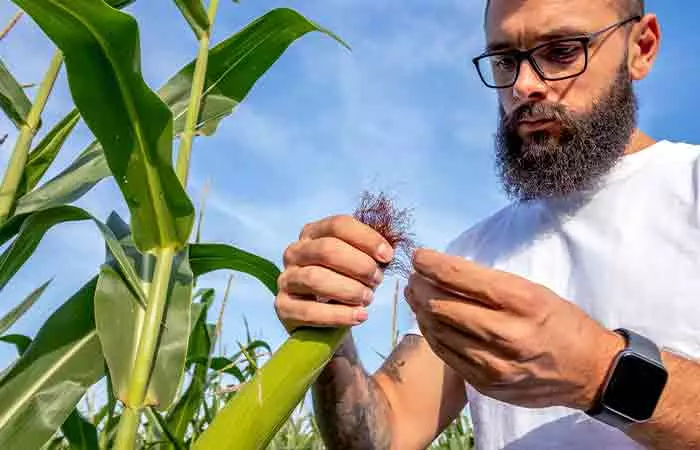
In general, consuming corn silk tea is safe, and adults and children can take it without major concerns. However, you need to keep a few aspects in mind before starting its use.
- Consuming corn silk can result in a reduction of potassium levels in the blood. This may lead to skin problems and corn allergy.
- In most cases, women who have conceived or are breastfeeding can take corn silk tea in moderate amounts. However, pregnant women should avoid the tea and it is not advisable to drink it in larger quantity, as it may lead to uterine contraction (15). So, it makes sense to seek medical advice before starting the use of corn silk tea if you are pregnant.
- While this is not very common, a section of people are allergic to corn or its supplements like corn silk powder or tincture. It is possible that they will develop an allergic reaction after drinking corn silk tea too. The reactions are, however, not very serious, and are only limited to the skin.
- While evidence for corn silk and drug interaction isn’t available, people taking blood pressure medication should avoid it as it might interact with it. This is because the use of corn silk reduces blood sugar levels. The same happens when you use specific diabetes medication. If you use both at the same time, your blood sugar levels may fall abysmally, which is not desirable. The same can be said about those coping with high blood pressure. People who have high blood sugar or are dealing with elevated blood pressure levels should take this tea after consulting a doctor.
- Anecdotal evidence suggests that if you are using blood thinners, taking this tea might reduce their efficacy. However, limited data is available in this regard.
- Lotions with corn silk may cause itchiness and redness if you are allergic to corn pollen, corn starch, or silk.
Therefore, it is best to consult a healthcare provider before using corn silk, especially if you have existing health issues or are taking medication.
 Did You Know?
Did You Know?Infographic: Top Health Benefits Of Corn Silk
Corn silk is a herbal remedy that has been used for centuries in traditional medicine. It has a wide range of applications and can be used to prepare tea, which can also be used topically. In addition, this nutrient-rich ingredient offers a multitude of benefits.
Check out the infographic below to learn about the top health benefits of corn silk.
While we are aware of the benefits of corn who would have thought that even its silk can be beneficial in so many ways? The benefits of corn silk are mainly due to the beneficial compounds present in it that can promote overall health. Corn silk can be used to prepare tea, which can offer many health benefits. It can effectively treat urinary tract infections too. It also acts as a diuretic and helps in managing kidney stones. Corn silk can facilitate blood clotting, helps in blood pressure control, regulates blood sugar levels, and is known for its anti-inflammatory properties and free radical scavenging activity. The topical application of corn silk effectively manages boils and rashes. However, moderate consumption is advised to reap its benefits and avoid its harmful effects. Practice extra caution if you are on any medication or supplements or are allergic to corn silk.
Frequently Asked Questions
Is corn silk good for the liver?
“Yes, corn silk can potentially reduce adipose tissue buildup in the liver,” says Jesse Feder. However, if you are taking corn silk supplements, ensure to keep the doses low or stick to the doses as prescribed by a doctor.
How long does it take for corn silk to work?
According to Jesse, “It can take a few hours to see the minor benefits of corn silk and only a few days to start seeing long-term benefits.”
How often should you drink corn silk tea?
There are no documented dosage levels of corn silk tea. However, consuming 1 cup, 2-3 times a day is considered safe. However, drinking this tea just before you go to sleep is not recommended.
Is corn silk good for hair?
Corn silk may help improve hair texture. However, limited research is available in this regard.
Is there caffeine in corn silk tea?
No, there is no caffeine in corn silk tea. It is a popular caffeine-free hot beverage to drink in winter.
Illustration: Amazing Benefits Of Corn Silk
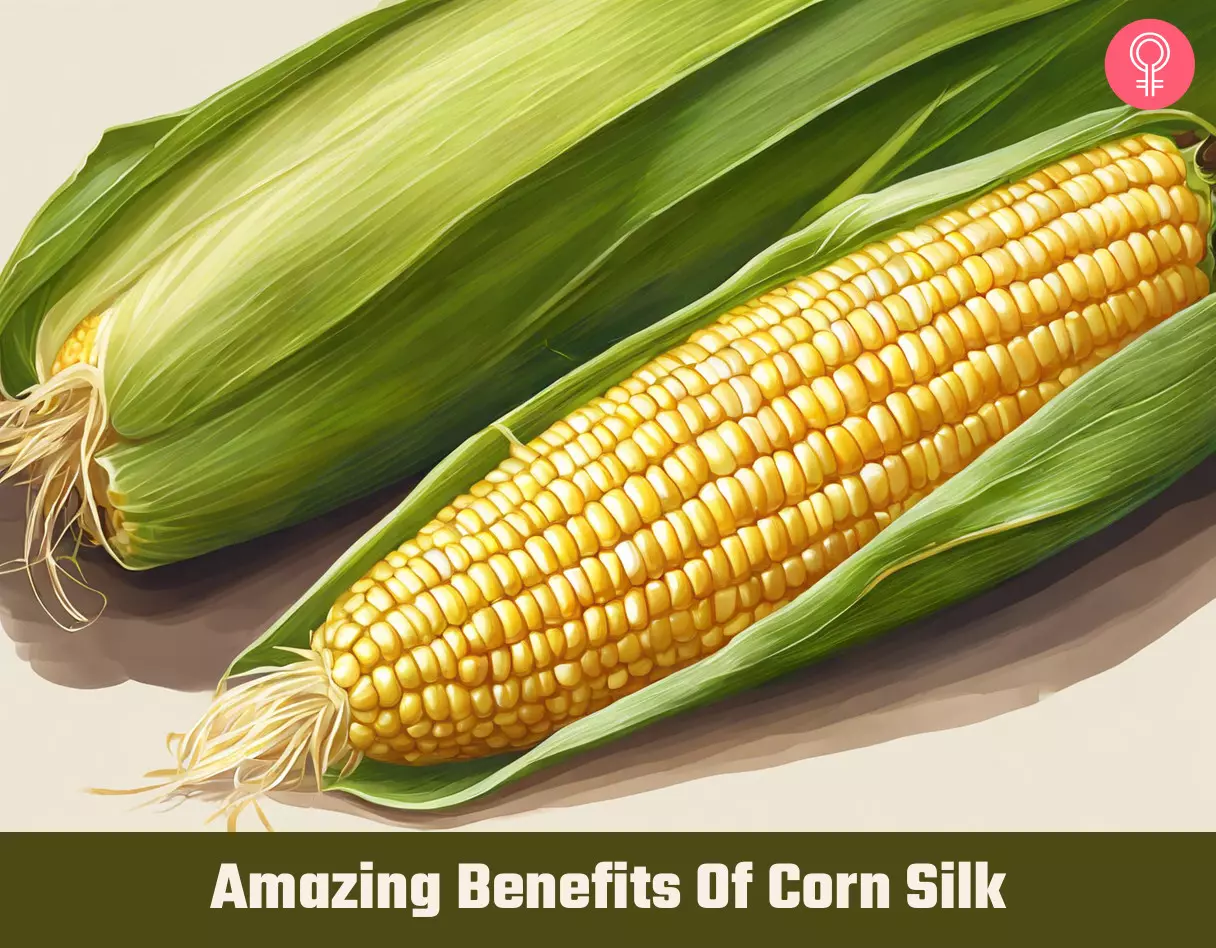
Image: Stable Diffusion/StyleCraze Design Team
Discover the amazing health benefits of corn silk! Watch this video to learn how this natural remedy can help improve your overall health and well-being.
Personal Experience: Source
StyleCraze's articles are interwoven with authentic personal narratives that provide depth and resonance to our content. Below are the sources of the personal accounts referenced in this article.
i. Don’t Throw Away your Corn Silk…. Make a TINCTURE!!!https://www.youtube.com/watch?v=Nj-OsUnkJJo
References
Articles on StyleCraze are backed by verified information from peer-reviewed and academic research papers, reputed organizations, research institutions, and medical associations to ensure accuracy and relevance. Read our editorial policy to learn more.
- The effects of corn silk on glycaemic metabolism
https://pubmed.ncbi.nlm.nih.gov/19930631/ - Corn Silk (Stigma Maydis) in Healthcare: A Phytochemical and Pharmacological Review
https://www.ncbi.nlm.nih.gov/pmc/articles/PMC6268265/ - Acute and Subacute Toxicity Evaluation of Corn Silk Extract
https://www.ncbi.nlm.nih.gov/pmc/articles/PMC5894788/ - Vitamin K and thrombosis
https://pubmed.ncbi.nlm.nih.gov/18374199/ - Comparison of anti-diabetic effects of polysaccharides from corn silk on normal and hyperglycemia rats
https://pubmed.ncbi.nlm.nih.gov/22353397/ - Potential Effect of Polyphenolic-Rich Fractions of Corn Silk on Protecting Endothelial Cells against High Glucose Damage Using In Vitro and In Vivo Approaches
https://www.ncbi.nlm.nih.gov/pmc/articles/PMC8235591/ - A Physicochemical Study of the Antioxidant Activity of Corn Silk Extracts
https://www.ncbi.nlm.nih.gov/pmc/articles/PMC10252499/ - Treatment of Gout with TCM Using Turmeric and Corn Silk: A Concise Review Article and Pharmacology Network Analysis
https://www.ncbi.nlm.nih.gov/pmc/articles/PMC9586733/ - Potential Photoprotective Effect of Dietary Corn Silk Extract on Ultraviolet B-Induced Skin Damage
https://www.ncbi.nlm.nih.gov/pmc/articles/PMC6680388/ - Immunostimulating activity of maysin isolated from corn silk in murine RAW 264.7 macrophages
https://www.ncbi.nlm.nih.gov/pmc/articles/PMC4163854/ - EC OPHTHALMOLOGY Research Article Effects of Corn Silk (Zea mays Linn) Extract on Intraocular Pressure and Blood Pressure in Normotensive Young Adults in Abia State University, Nigeria
https://www.researchgate.net/publication/343788949_EC_OPHTHALMOLOGY_Research_Article_Effects_of_Corn_Silk_Zea_mays_Linn_Extract_on_Intraocular_Pressure_and_Blood_Pressure_in_Normotensive_Young_Adults_in_Abia_State_University_Nigeria - Zea mays L. extracts modify glomerular function and potassium urinary excretion in conscious rats
https://pubmed.ncbi.nlm.nih.gov/15957371/ - Corn silk aqueous extracts and intraocular pressure of systemic and non-systemic hypertensive subjects
https://onlinelibrary.wiley.com/doi/full/10.1111/cxo.12240 - Characterization of Corn Silk Extract Using HPLC/HRMS/MS Analyses and Bioinformatic Data Processing
https://www.ncbi.nlm.nih.gov/pmc/articles/PMC9968068/ - Acute and Subacute Toxicity Evaluation of Corn Silk Extract
https://www.ncbi.nlm.nih.gov/pmc/articles/PMC5894788/
Read full bio of Ella Davar
- Jesse Feder, RDN/LDN, is a Clinical Dietitian at the Memorial Regional Hospital. He is also a certified by the American College of Sports Medicine as a personal trainer (ACSM-CPT) and the National Strength and Conditioning Association as a Certified Strength and Conditioning Specialist (NSCA-CSCS).
 Jesse Feder, RDN/LDN, is a Clinical Dietitian at the Memorial Regional Hospital. He is also a certified by the American College of Sports Medicine as a personal trainer (ACSM-CPT) and the National Strength and Conditioning Association as a Certified Strength and Conditioning Specialist (NSCA-CSCS).
Jesse Feder, RDN/LDN, is a Clinical Dietitian at the Memorial Regional Hospital. He is also a certified by the American College of Sports Medicine as a personal trainer (ACSM-CPT) and the National Strength and Conditioning Association as a Certified Strength and Conditioning Specialist (NSCA-CSCS).
Read full bio of Tanya Choudhary
Read full bio of Ravi Teja Tadimalla
Read full bio of Moksha Gandhi




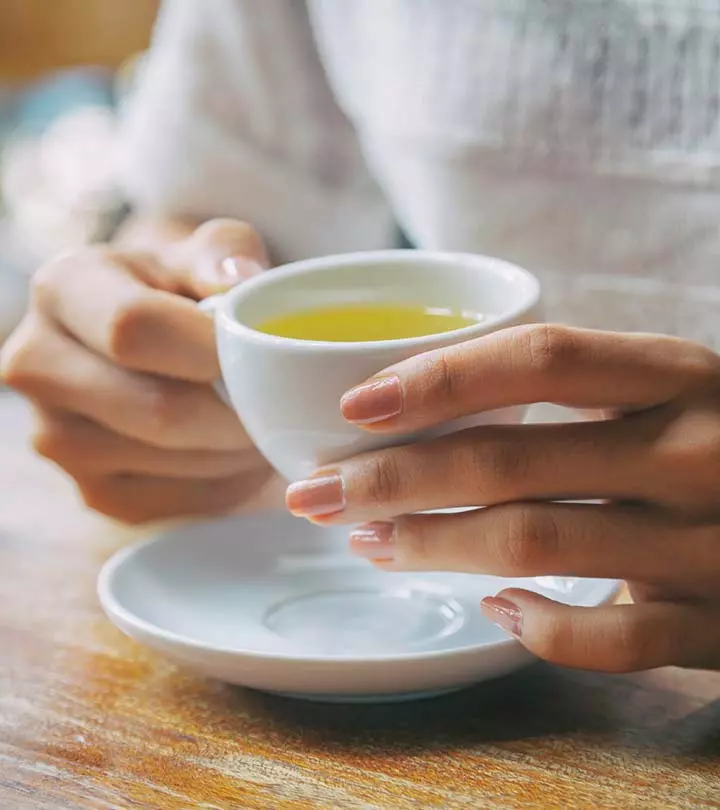
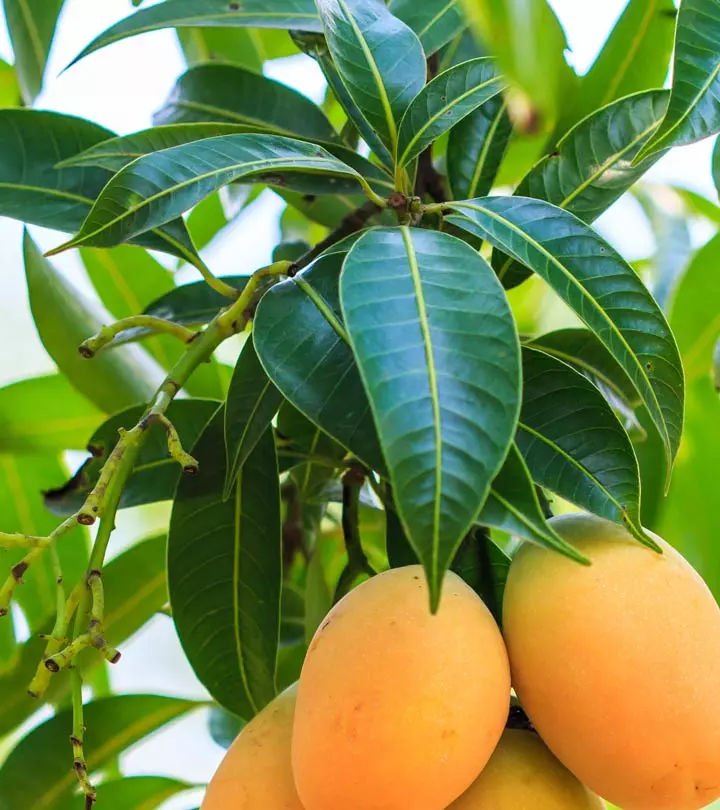
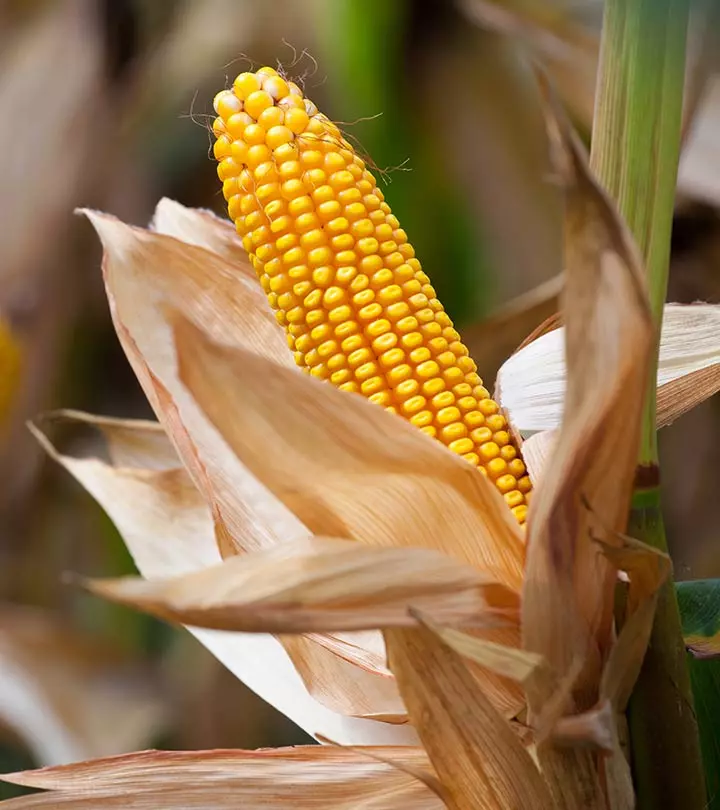
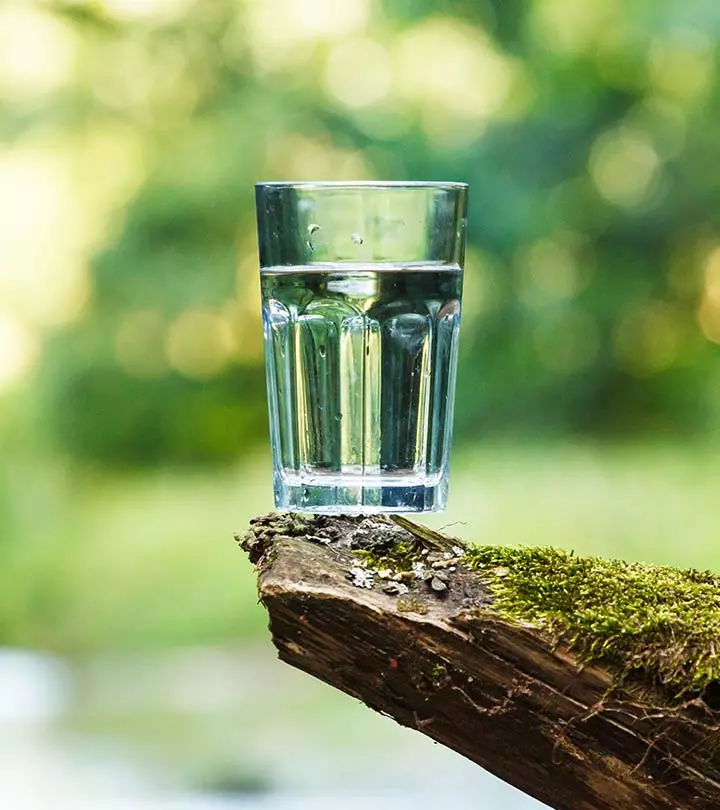
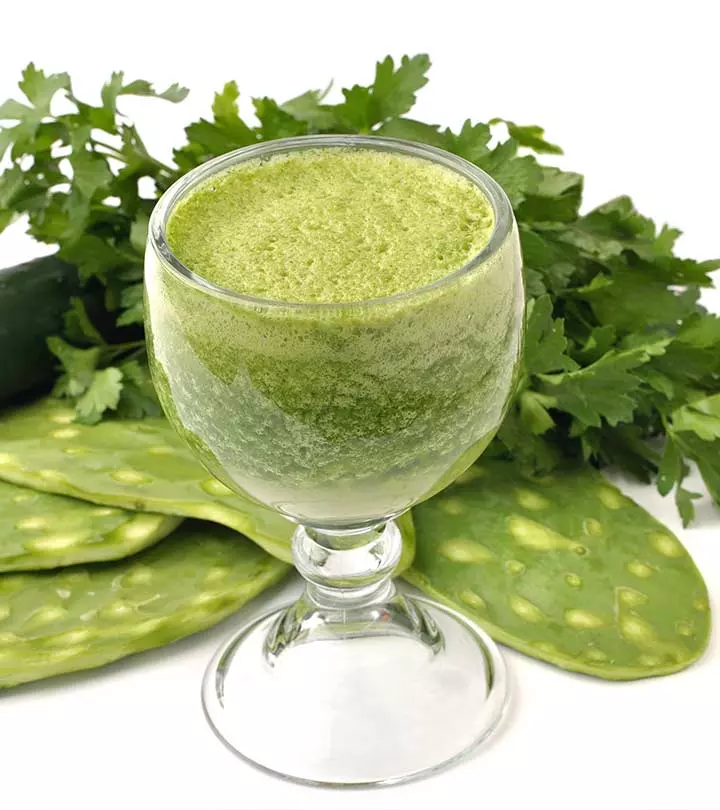
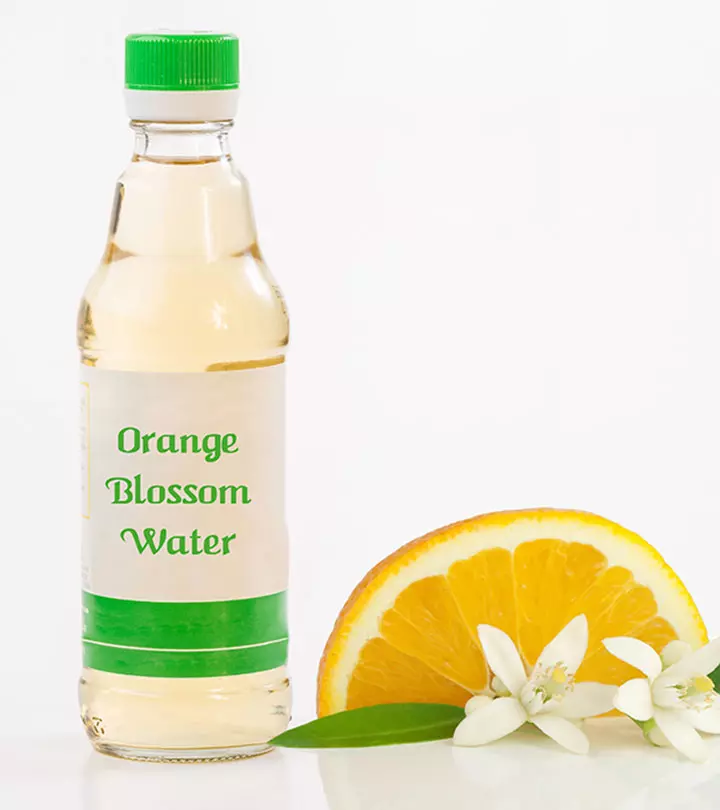

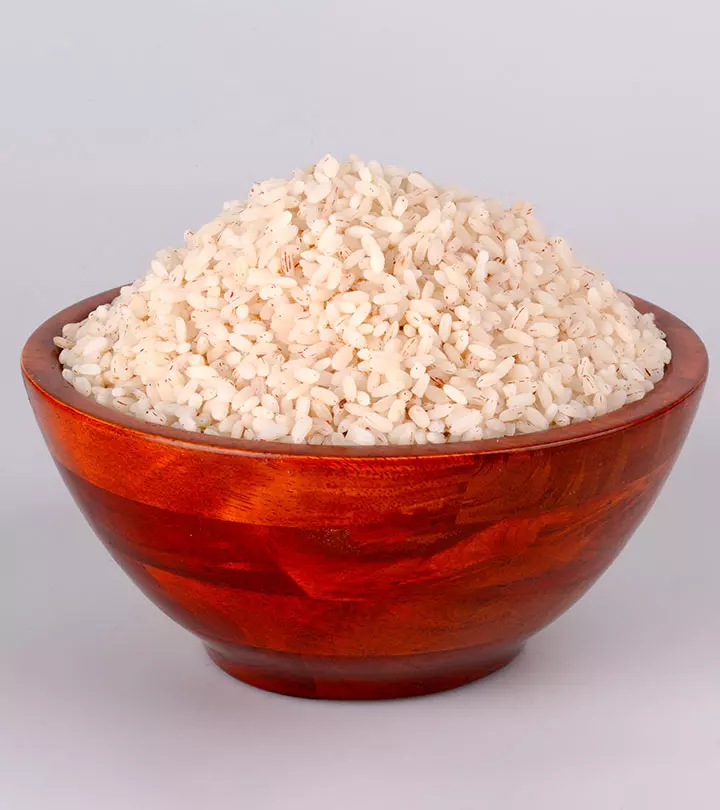
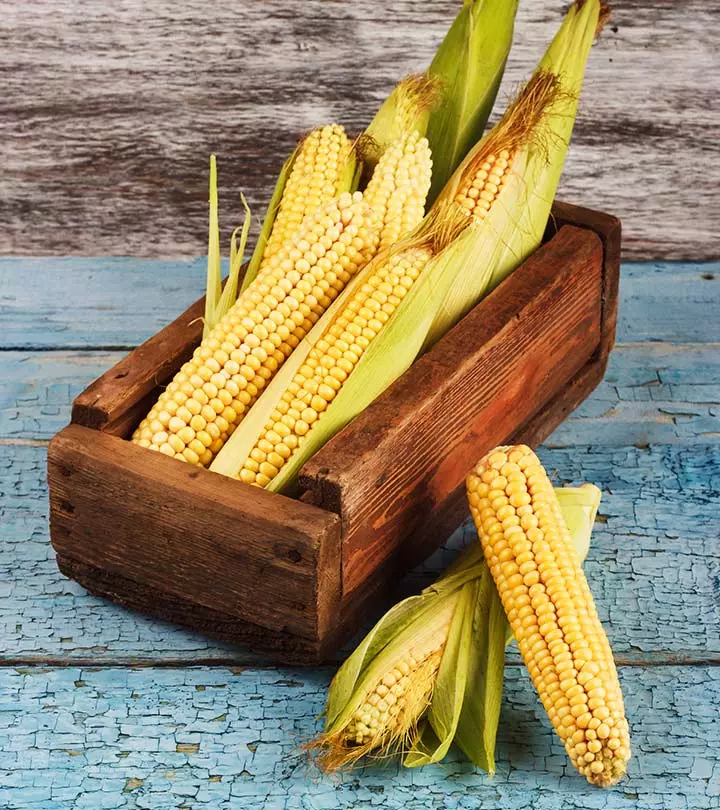
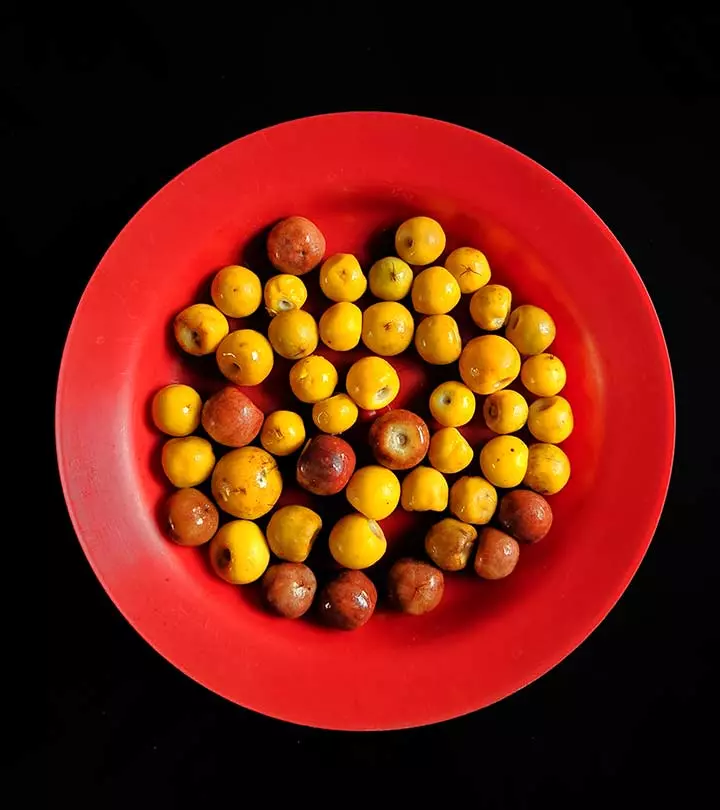
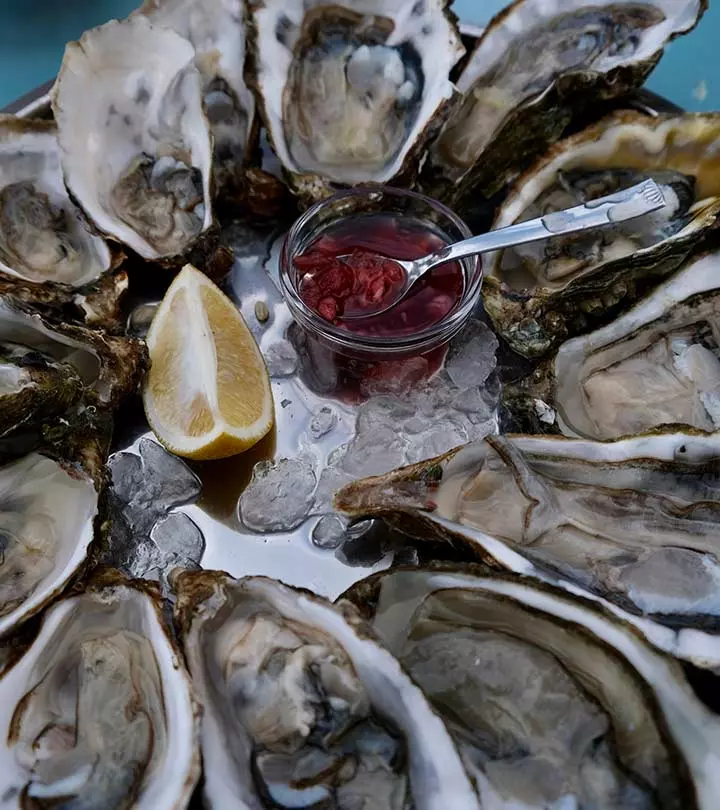
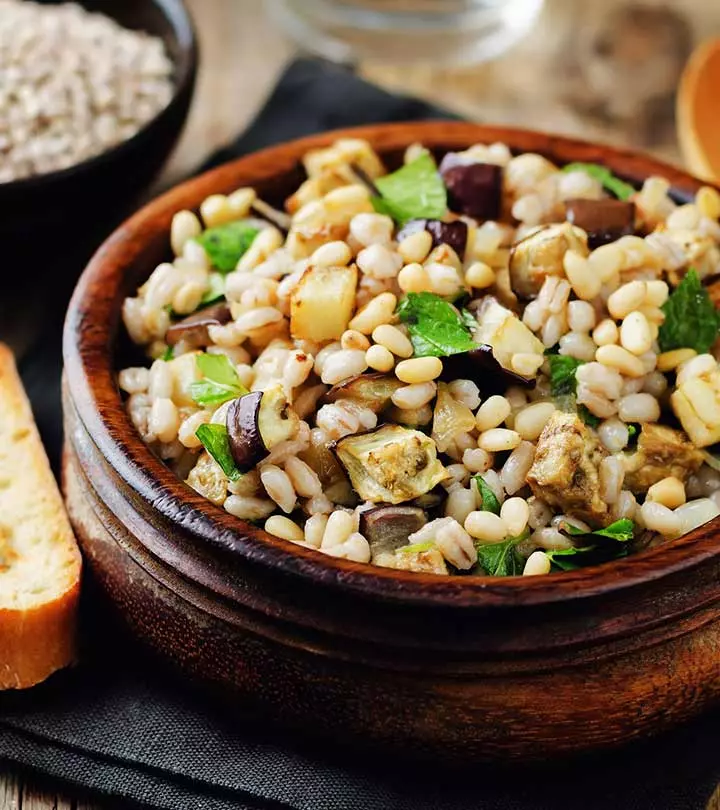

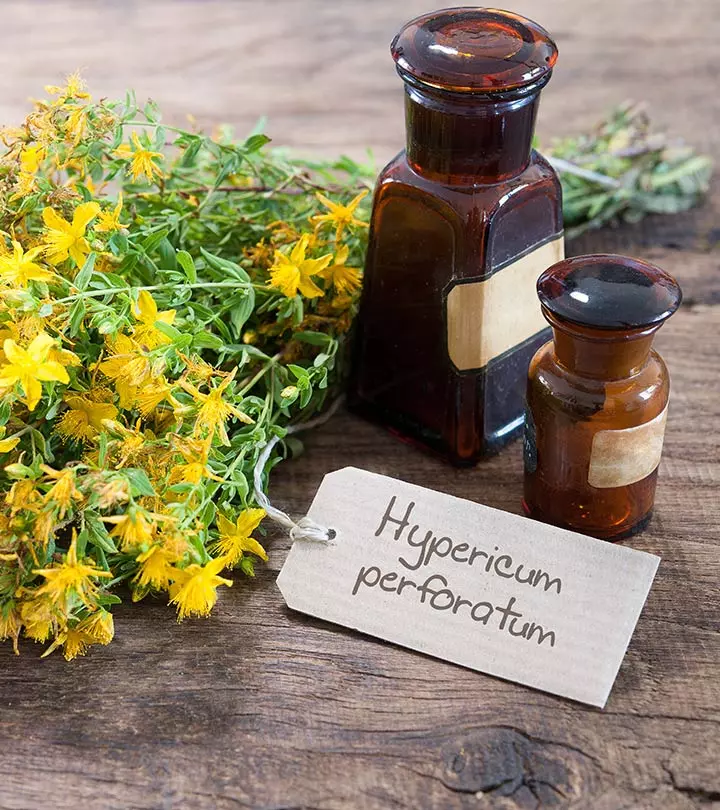
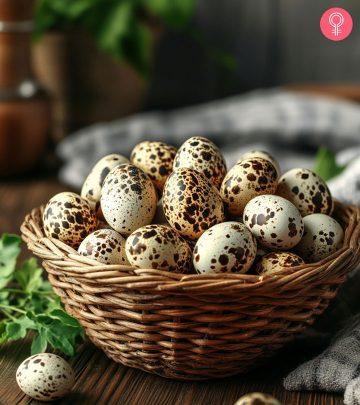
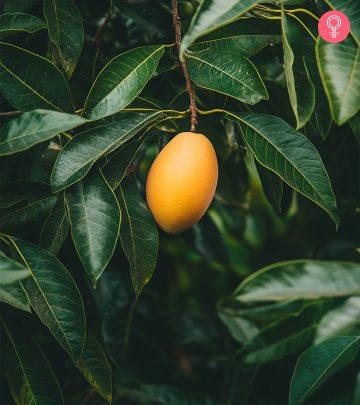
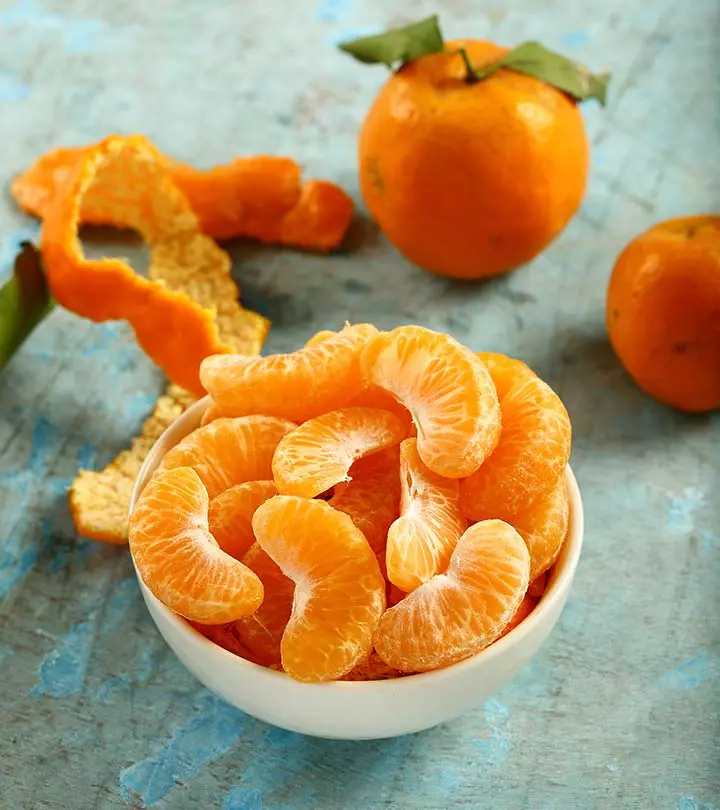
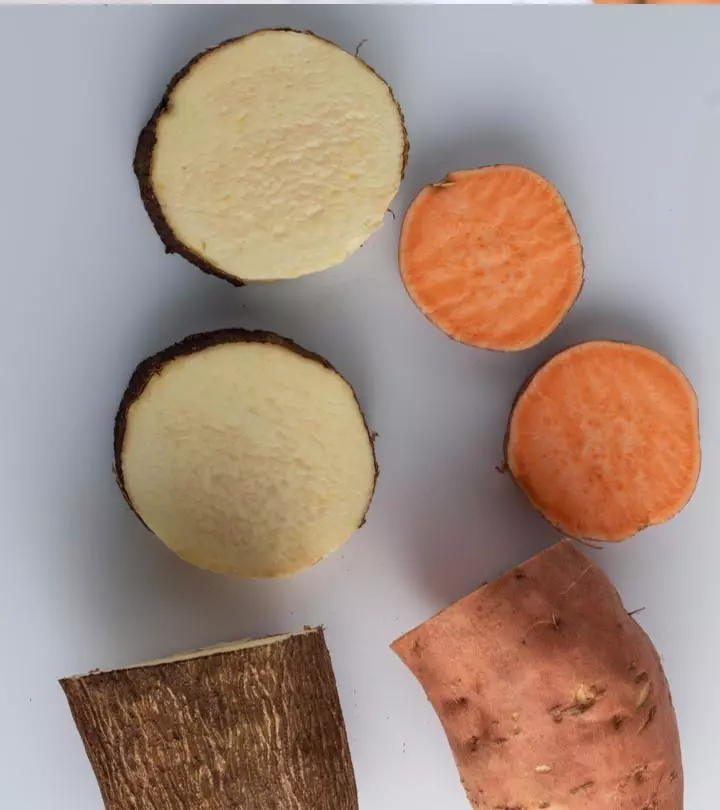
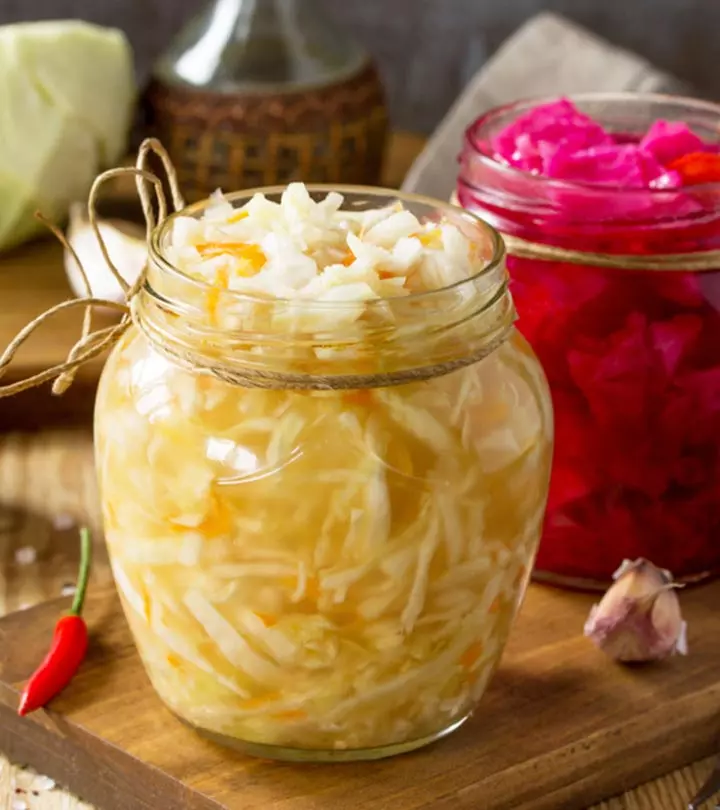
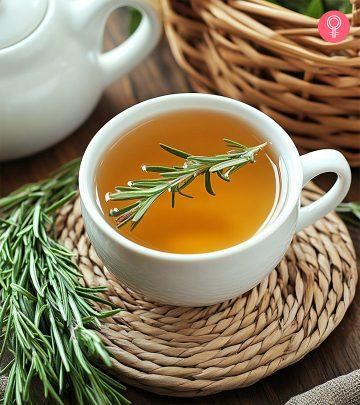
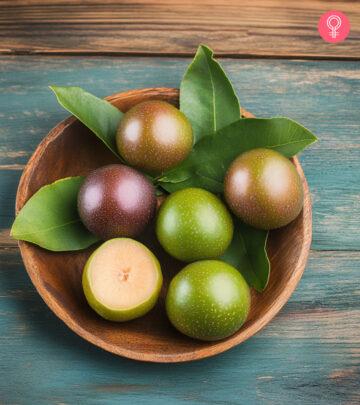
Community Experiences
Join the conversation and become a part of our empowering community! Share your stories, experiences, and insights to connect with other beauty, lifestyle, and health enthusiasts.